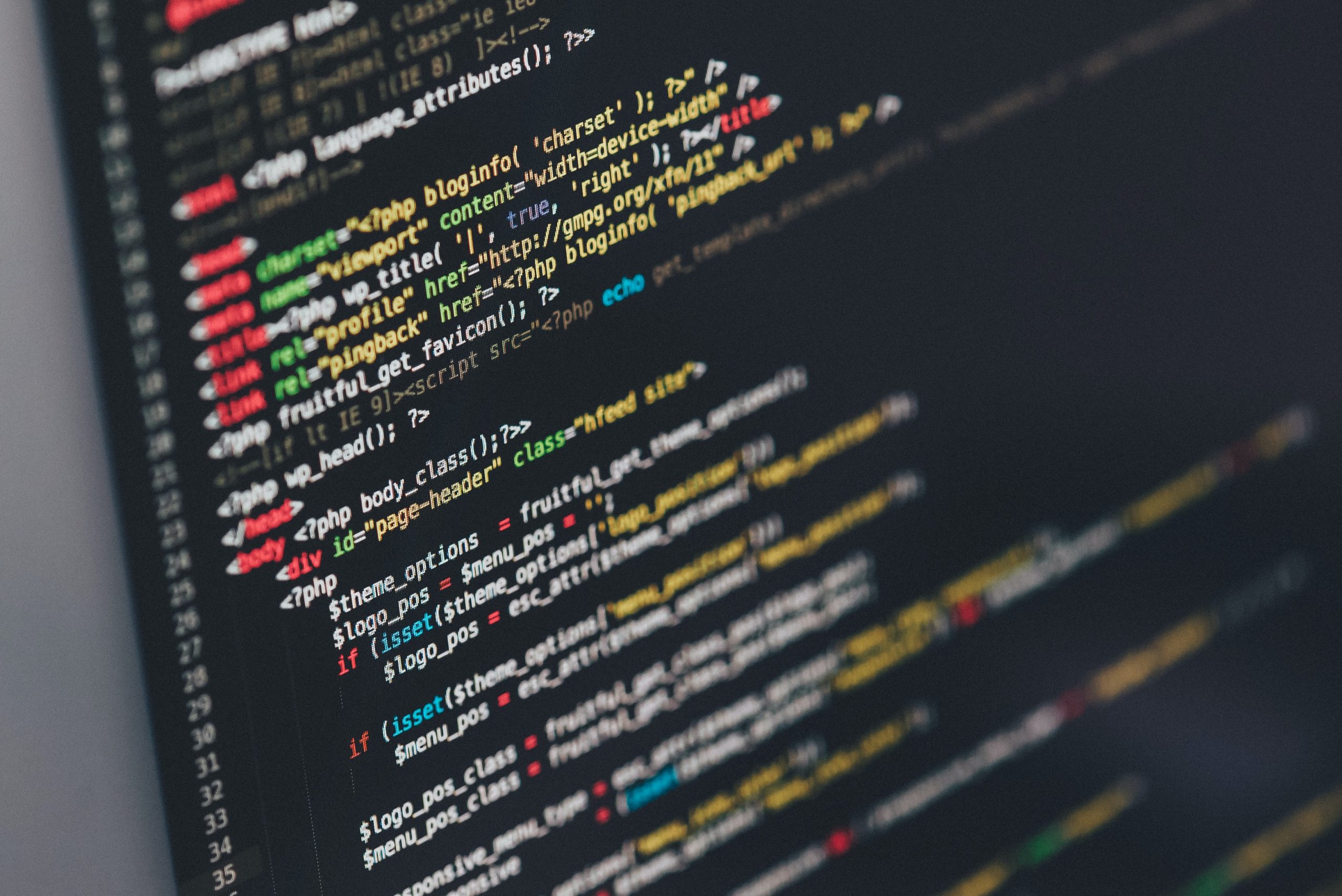Research Ethics: Policy Update
Providing Data upon Submission and Archiving
(revised effective October 1, 2020)
Upon submission and after acceptance, the data used in the research must be made accessible to both the editors of the journal (see exceptions below) and all authors. The policy allows scientific advancement by:
- Allowing resolution of questions about data and analyses that may arise during the peer-review process;
- After publication, ensuring that authors can access their original data if it is pertinent to a new research project of their own; and
- Ensuring that authors can respond to queries about their data or results about which non-authors may have an interest.
Links to data must be revised after each stage of the review process, and maintained after publication for a minimum of seven (7) years.
At each stage in the review process, each author must certify:
- Their agreement with JCR’s data policy;
- That data have been archived in an off-site repository of the authors’ choice, and the URL(s) for where the data are stored. Suggested repositories are noted here.
- That archived data includes all original data and interim techniques (transformations, analysis procedures) or explanations that would allow the authors or independent researchers to replicate the analyses contained in the manuscript.
- If the archived data are modified from an original primary source (e.g., an Amazon Mechanical Turk or Qualtrics data file), that each of the authors have access rights to the original form of the data.
This is required when the manuscript is first submitted, with each resubmission, and after it is accepted.
Exceptions
JCR recognizes that consumer data take many forms, and not all data can be digitally stored or stored in ways that allow for respondent de-identification. In addition, some data may have proprietary restrictions that limit their ability to be shared with the journal and/or all authors. In such cases, the authors must indicate that not all of the reported data are shareable due to proprietary or other restrictions and provide an explanation.
Data Ownership and Public Access
Archiving and providing the journal with access to data does not imply that authors give up ownership of their data or that they have agreed to share their data in part or in full with others. Authors may respond to queries about their data by sharing specific results as opposed to raw data. Authors who do choose to share archived data must ensure that data are treated according to the institutional policies under which the data were collected (e.g., they have been de-identified to protect the rights of human subjects).
Institutional Review Board (IRB) and Grant/Foundation Requirements
Authors should also check with their respective Institutional Review Boards or comparable institutions on data archiving as well as with any granting institutions or foundations that have supported their research. Different institutions may have their own data archiving requirements.
Data Maintenance Policy
(revised effective October 1, 2020)
Authors of manuscripts that report data-dependent results will make available, upon request only, exact information regarding their procedures, stimuli, and data for seven (7) years after the date of publication for the benefit of researchers interested in replicating or extending these results. However, JCR encourages authors to make their information available beyond the mandatory seven (7) years.
Exceptions will be made for identifiable or proprietary data. Authors must request such an exception and state the basis for it in the first version of a submission in which the relevant data appear. This request must normally be made at the time of the initial submission, although a request pertaining to data added in revision is allowable when the relevant revision is submitted. Should the manuscript be accepted or offered revision, the editor will address the request in the decision letter.
Plagiarism Check
The editorial office runs a plagiarism check on every submission using iThenticate. JCR considers “self-plagiarism” (instances in which authors borrow from their own previously published work without the proper citation) a form of plagiarism.
Author Misconduct Policy (revised September 1, 2020)
See our Policy and Procedures Regarding Author Misconduct.



